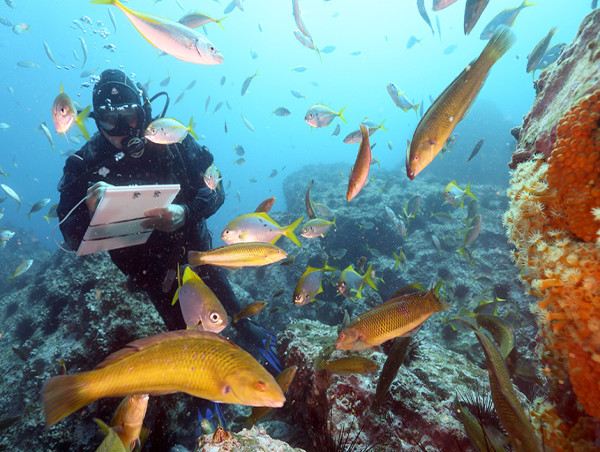The Coral Triangle, often referred to as the "rainforest of the ocean," is home to over 2,000 species of fish and 600 species of hard coral, making it one of the most biologically diverse regions in the world's oceans. The area’s vibrant marine ecosystems, however, face increasing threats from illegal, unreported, and unregulated (IUU) fishing, climate change, and pollution.
The expedition, which utilized cutting-edge technology and deep local knowledge, aimed to provide critical data to help the Papua New Guinea government improve its conservation efforts. Researchers aboard the Argo research vessel employed a range of advanced techniques, including deep-sea cameras capable of reaching depths of 6,000 meters and extended scuba diving operations, to document species and ecosystems that had never been studied before.
Dr. Alan Friedlander, lead scientist for the National Geographic Pristine Seas expedition, described the Coral Triangle as a "global marine biodiversity hotspot" with more species of fish, corals, and other marine life than anywhere else in the world. The team’s comprehensive approach to data collection included everything from counting seabirds to setting up deep-sea cameras and conducting long dives to observe reef wildlife.
One of the most remarkable outcomes of the expedition was the discovery of several new deep-water species, including sharks, in Papua New Guinea's waters. These findings highlight the rich and largely unexplored biodiversity of the region, emphasizing the need for continued research and conservation.
The expedition's success was bolstered by strong collaboration with local communities. By engaging with these communities before, during, and after the expedition, the researchers ensured that the people most affected by the health of their marine resources were integral to the conservation process. Local knowledge proved invaluable, with community members guiding scientists to areas of particular concern and sharing their extensive understanding of the region’s ecosystems.
Jelta Wong, Papua New Guinea’s Minister for Fisheries and Marine Resources, acknowledged the varied and interconnected threats facing the country’s oceans, including the impacts of global warming, overfishing, and pollution. He emphasized the importance of protecting the biodiversity that exists in these waters, particularly in light of recent coral bleaching events caused by extremely high marine temperatures.
The expedition’s findings are expected to play a crucial role in the management and expansion of Marine Protected Areas (MPAs) within Papua New Guinea. In November 2023, the country announced the tripling of its ocean protections, with nearly 17,000 km² of provincially-protected MPAs established in the Lovongai and Murat jurisdictions. These protected areas, designed with input from over 100 Indigenous communities, are among the first in the world to include measures specifically aimed at safeguarding the most threatened species of sharks and rays.
As the scientific data from the expedition is analyzed and shared with Papua New Guinea’s government, there is hope that it will inform future conservation efforts, ensuring that the region’s rich marine biodiversity is preserved for generations to come. This expedition stands as a powerful example of how science, local knowledge, and international cooperation can converge to tackle some of the most pressing environmental challenges of our time.
Paul Clay
Oceanic Focus
[email protected]
Legal Disclaimer:
EIN Presswire provides this news content "as is" without warranty of any kind. We do not accept any responsibility or liability for the accuracy, content, images, videos, licenses, completeness, legality, or reliability of the information contained in this article. If you have any complaints or copyright issues related to this article, kindly contact the author above.
![]()



